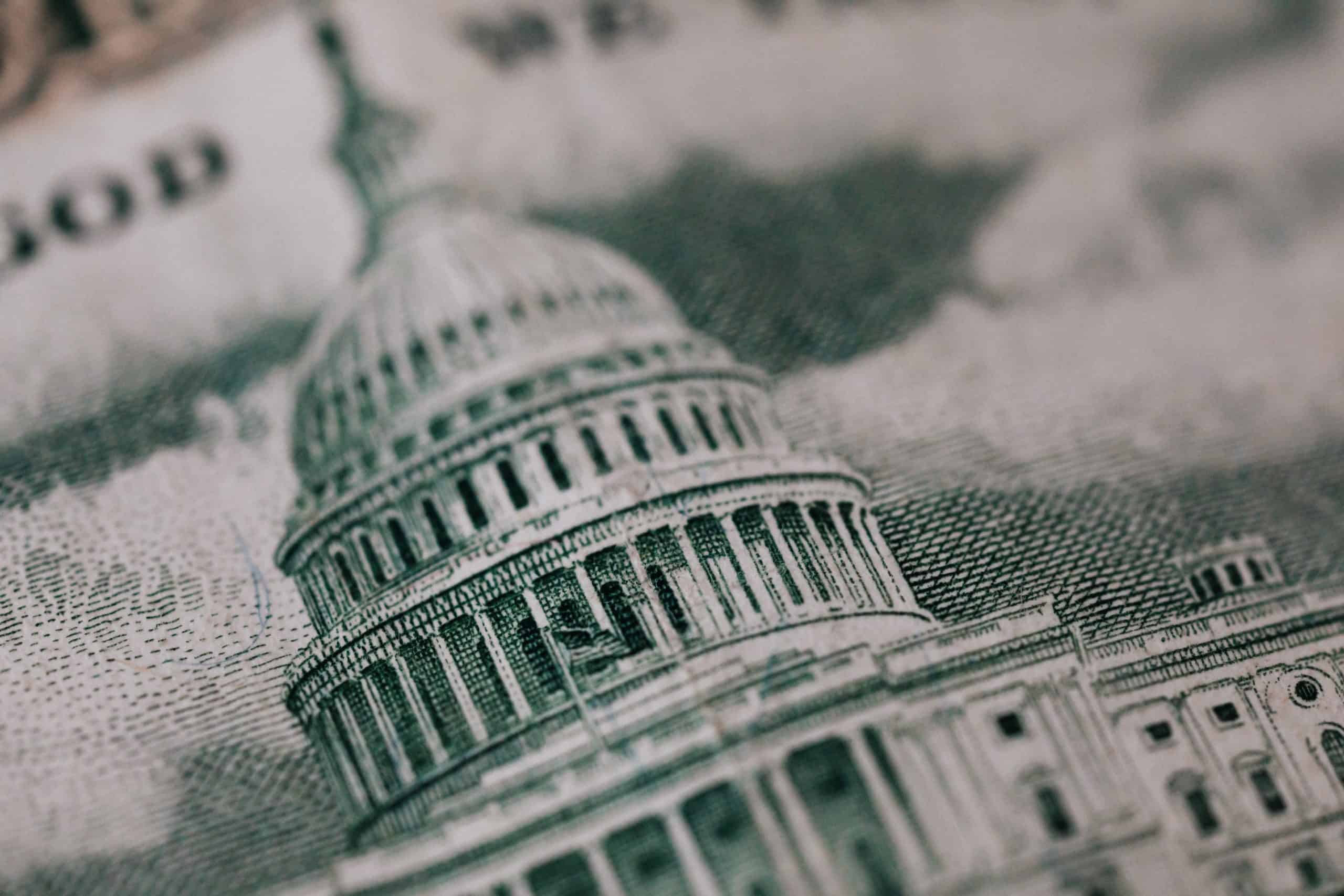
Impartiality in 2021: How the news is fighting hard to rebuild trust in media
Originally written by Ashwinder Bedi in the aftermath of ‘Stop the Steal’ US Capitol Riots…
It’s been four years since the historic day the truth was most famously contested. Kellyanne Conway, senior counsel to the newly inaugurated Donald Trump, legitimised a falsehood about attendance at the President’s inauguration by claiming it was an ‘alternative fact’.
The event launched us squarely into a post-truth world, where facts competed with alternative truths on every corner of the internet, and resulted in the pernicious polarisation which gave rise to last week’s ‘Stop the Steal’ riots at the US Capitol.
But experts are now wary to explain that the threat of misinformation doesn’t end with the Trump administration; “this is not about false claims, or even conspiracies, but many of the people at the Capitol are now part of a completely alternate reality,” suggests Claire Wardle, co-founder of anti-disinformation non-profit First Draft.
Social media platforms and their recommendation algorithms, which are incentivised for engagement, have shared a large part of the blame. They’ve given rise to echo chambers in which our biases are reinforced rather than challenged, and they’ve heralded the growth of partisan media too.
We now find ourselves in an information ecosystem that’s fertile ground for the proliferation of, at best, innocent half-truths, and at worst, targeted disinformation which seeks to delegitimise and deceive.
And the influence of facts and evidenced-based analysis seems to have withered in the face of engaging and accessible content that promises complete answers: 5G towers are responsible for the global spread of COVID-19, vaccines are a tool for population control and Donald Trump lost the 2020 presidential election due to electoral fraud.
The return to truth: news fights back
As with so many of the issues we’re now contending with, the pandemic seems to have turbo-charged a pre-existing behaviour. Conspiracy theories that existed on the fringes of social discourse are finding prominence as a result of the economic distress and social dislocation caused by COVID-19.
But news is fighting back. And it isn’t alone. It was encouraging to see a number of events at the Reuters Next Summit this week discussing how we tackle the threat of misinformation and polarisation. The result was essentially a call to arms for governments, civil society and platforms to take collective action in addressing the issue.
Tim Davie, the BBC’s director general, suggested that for news, this meant pushing back against partisan or misleading information by doubling down on fact-based, impartial reporting. When challenged about whether the strategy would work in the race for clicks, he answered: “impartiality isn’t dull. It’s not the dry bit of reporting, it is absolutely a real appetite for evidence, for truth, for testimony…[BBC reporters] must be activists for impartiality“.
In fact, as highlighted in last year’s Digital News Report from Oxford University’s Reuters Institute, people are increasingly seeking reliable information. “At around the peak of the lockdowns, trust in news organisations around COVID-19 was running at more than twice that for social media, video sites and messaging applications where around four in ten see information as untrustworthy.”
Agreeing with Davie’s sentiment, president of Reuters, Michael Friedenberg said we must tackle conspiracies and disinformation head on with “appropriate prominence rather than fanning the flames [of stories]”.
In an age when stories can spread like wildfire, whether true or not, and when organisations of every creed are asked to communicate values that sit at political and social fault lines it is encouraging to find such an energetic commitment to impartiality.
The gloves are on and the news is fighting back to reclaim the truth.
Ashwinder (Ash) Bedi is a Campaign Manager at Babel PR, supporting a portfolio of tech and telecoms clients with media and stakeholder engagement campaigns. He has over three years’ experience providing corporate and strategic communications support to a broad portfolio of national/international clients in sectors as disparate as financial services to agriculture and horticulture. He is passionate about macro-tech trends shaping society and culture.





